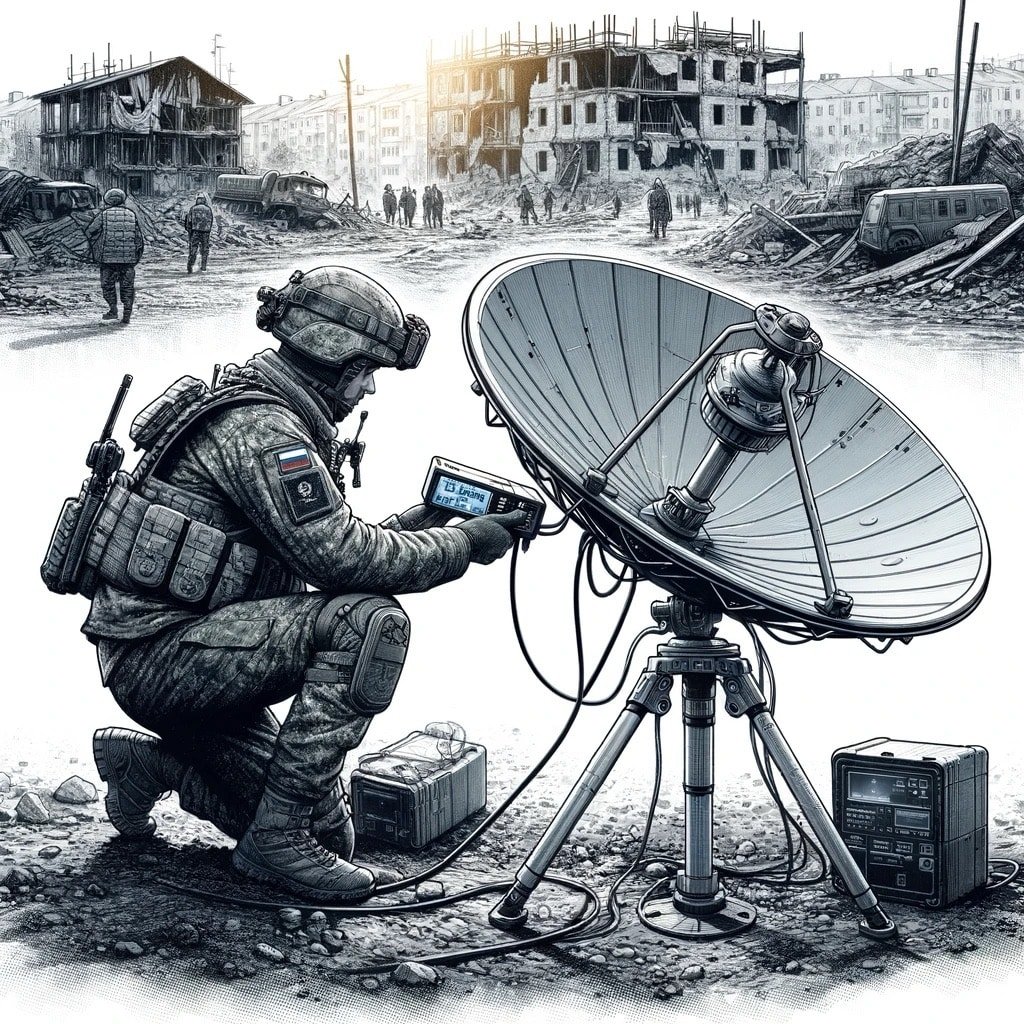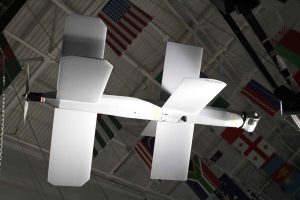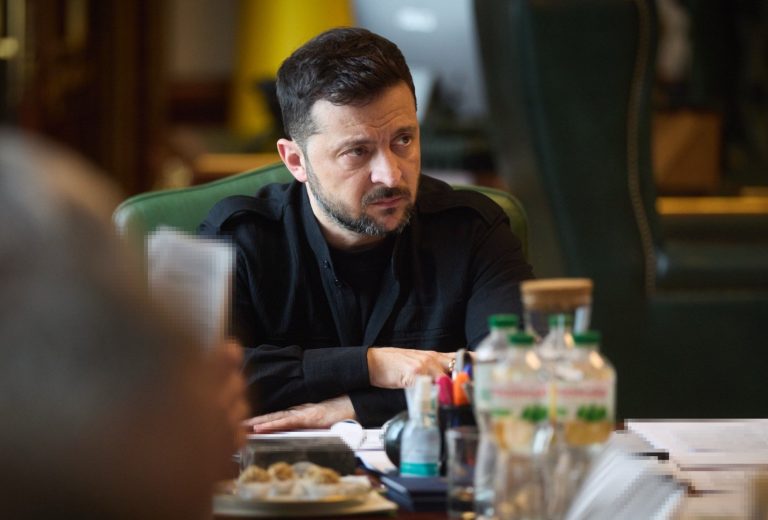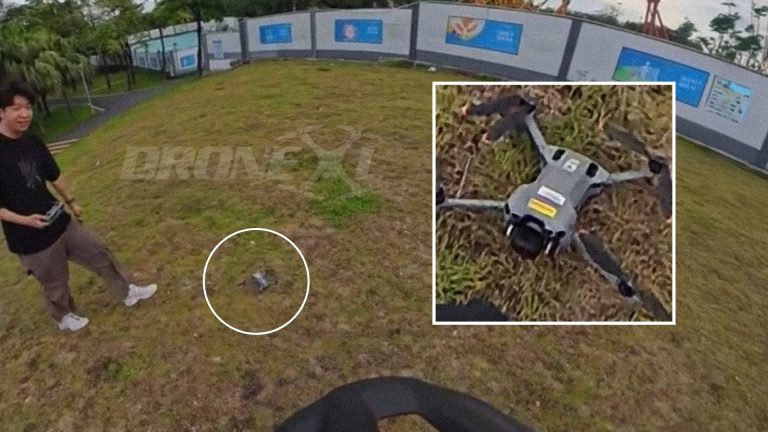In a significant move, Pentagon officials, in collaboration with SpaceX, have successfully curtailed the Russian military’s unauthorized use of Starlink satellite terminals during the ongoing war in Ukraine, as reported by Bloomberg. This strategic action directly impacts Russia’s military operations, particularly in their use of drones, revealing the complex role of commercial satellite technology in modern warfare.
The US has been “heavily involved in working with the government of Ukraine and SpaceX to counter Russian illicit use of Starlink terminals,” John Plumb, the outgoing assistant secretary for space policy, said in an interview. “At this time we have successfully countered Russian use, but I am certain Russia will continue to try and find ways to exploit Starlink and other commercial communications systems,” he told Bloomberg News. Although “it will continue to be a problem, I think we’ve wrapped our heads around it and found good solutions with both Starlink and Ukraine.”
Strategic Implications for Russia and Ukraine
Curbing Unauthorized Access
The U.S. Department of Defense and SpaceX’s joint effort aims to restrict Russian forces from exploiting Starlink technology for military communications and coordinating drone operations. This initiative has become a cornerstone in the digital battleground of the Ukraine conflict, potentially altering the dynamics of military engagement in the region.
Ukraine’s Dependence on Starlink
Starlink has become integral to Ukraine’s military strategy, particularly after its communications infrastructure was severely damaged. With approximately 42,000 terminals in use, the technology has been vital for real-time battlefield communication and coordination of drone strikes, giving Ukraine a significant tactical advantage.
Russia’s Challenge Without Starlink
If Russia loses access to Starlink, it could face substantial setbacks in its drone warfare capabilities. The ability to coordinate drone strikes and conduct real-time surveillance would be significantly diminished, affecting their operational effectiveness and strategic depth in contested areas. This could lead to a decrease in the precision and responsiveness of Russian military operations, giving Ukrainian forces a comparative advantage in maneuverability and tactical planning.
The Controversial Role of Starlink in Warfare
Ethical and Strategic Questions
The increasing use of Starlink by military forces on both sides of the conflict raises ethical questions about the role of private companies like SpaceX in international conflicts. Decisions by SpaceX to restrict access can have direct implications on the battlefield, positioning private sector entities as significant players in global security matters.
The Power of Private Satellite Networks
The scenario also highlights the immense power that private entities hold over critical communication infrastructure. This power to influence the course of conflicts poses challenges for international security and necessitates careful regulation and oversight to prevent misuse and ensure fairness in combat situations.
Navigating the New Frontier of Digital Warfare
The collaboration between the Pentagon and SpaceX to block unauthorized Russian use of Starlink is a landmark in the evolving landscape of warfare, where digital technology plays a critical role. As satellite technology becomes more embedded in military strategy, the governance of these tools will be crucial. The ongoing conflict in Ukraine serves as a stark reminder of the shifting nature of warfare and the growing importance of maintaining control over advanced communication technologies in international conflicts.
The featured image is for illustration purposes only and does not show an actual Starlink device.
Discover more from DroneXL.co
Subscribe to get the latest posts to your email.




















+ There are no comments
Add yours